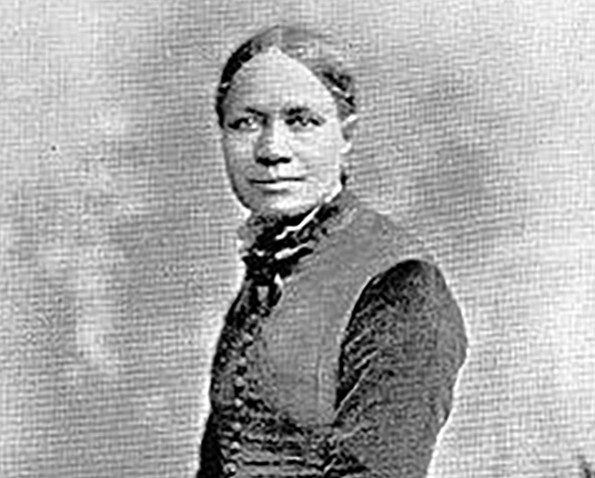Today’s Thoughtful Thursday features a wonderful poem by Terrance Hayes called “We Should Make a Documentary About Spades”. Hayes, a professor of creative writing and co-founder of the Center for African American Poetry and Poetics, is the author of eight collections of poetry, including American Sonnets for My Past and Future Assassin (Penguin Poets, 2018), How to Be Drawn (Penguin Books, 2015), and Lighthead (Penguin, 2010).
Hayes has received many honors and awards, including fellowships from the National Endowment for the Arts and the Guggenheim Foundation. In 2014, he was a recipient of the MacArthur Foundation “Genius Award”. He was elected a Chancellor of the Academy of American Poets in 2017. He is currently the Distinguished Writer in Residence at New York University (2016 – 2018) and the poetry editor at New York Times Magazine.
We stumbled upon his poem about the game of Spades and became an instant fan. Whether you grew up playing card games or just watching folks play them, you can’t help but appreciate his ode to this slice of our culture. Share with your children–and teach them how to play cards.
We Should Make a Documentary About Spades
And here is all we’ll need: a card deck, quartets of sun people
Of the sort found in black college dormitories, some vintage
Music, indiscriminate spirits, fried chicken, some paper,
A writing utensil, and a bottomless Saturday. We should explore
The origins of a derogatory word like spade as well as the word
For feeling alone in polite company. And also the implications
Of calling someone who is not your brother or sister,
Brother or Sister. So little is known of our past, we can imagine
Damn near anything. When I say maybe slaves held Spades
Tournaments on the anti-cruise ships bound for the Colonies,
You say when our ancestors were cooped on those ships
They were not yet slaves. Our groundbreaking film should begin
With a low-lit den in the Deep South and the deep fried voice
Of somebody’s grandmother holding smoke in her mouth
As she says, “The two of Diamonds trumps the two of Spades
In my house.” And at some point someone should tell the story
Where Jesus and the devil are Spades partners traveling
The juke joints of the 1930s. We could interview my uncle Junior
And definitely your skinny cousin Mary and any black man
Sitting at a card table wearing shades. Who do you suppose
Would win if Booker T and MLK were matched against Du Bois
And Malcolm X in a game of Spades? You say don’t talk
Across the table. Pay attention to the suits being played.
The object of the game is to communicate invisibly
With your teammate. I should concentrate. Do you suppose
We are here because we are lonely in some acute diasporafied
Way? This should be explored in our film about Spades.
Because it is one of the ways I am still learning what it is
To be black, tonight I am ready to master Spades. Four players
Bid a number of books. Each team adds the bids
Of the two partners, and the total is the number of books
That team must try to win. Is that not right? This is a game
That tests the boundary between mathematics and magic,
If you ask me. A bid must be intuitive like the itchiness
Of the your upper lip before you sip strange whiskey.
My mother did not drink, which is how I knew something
Was wrong with her, but she held a dry spot at the table
When couples came to play. It’s a scene from my history,
But this probably should not be mentioned in our documentary
About Spades. Renege is akin to the word for the shame
You feel watching someone else’s humiliation. Slapping
A card down must be as dramatic as hitting the face of a drum
With your palm, not hitting the face of a drum with a drumstick.
You say there may be the sort of outrage induced
By liquor, trash talk, and poor strategy, but it will fade
The way a watermark left on a table by a cold glass fades.
I suspect winning this sort of game makes you feel godly.
I’m good and ready for who ever we’re playing
Against tonight. I am trying to imagine our enemy.
I know you are not my enemy. You say there are no enemies
In Spades. Spades is a game our enemies do not play.
Terrance Hayes






Leave A Comment